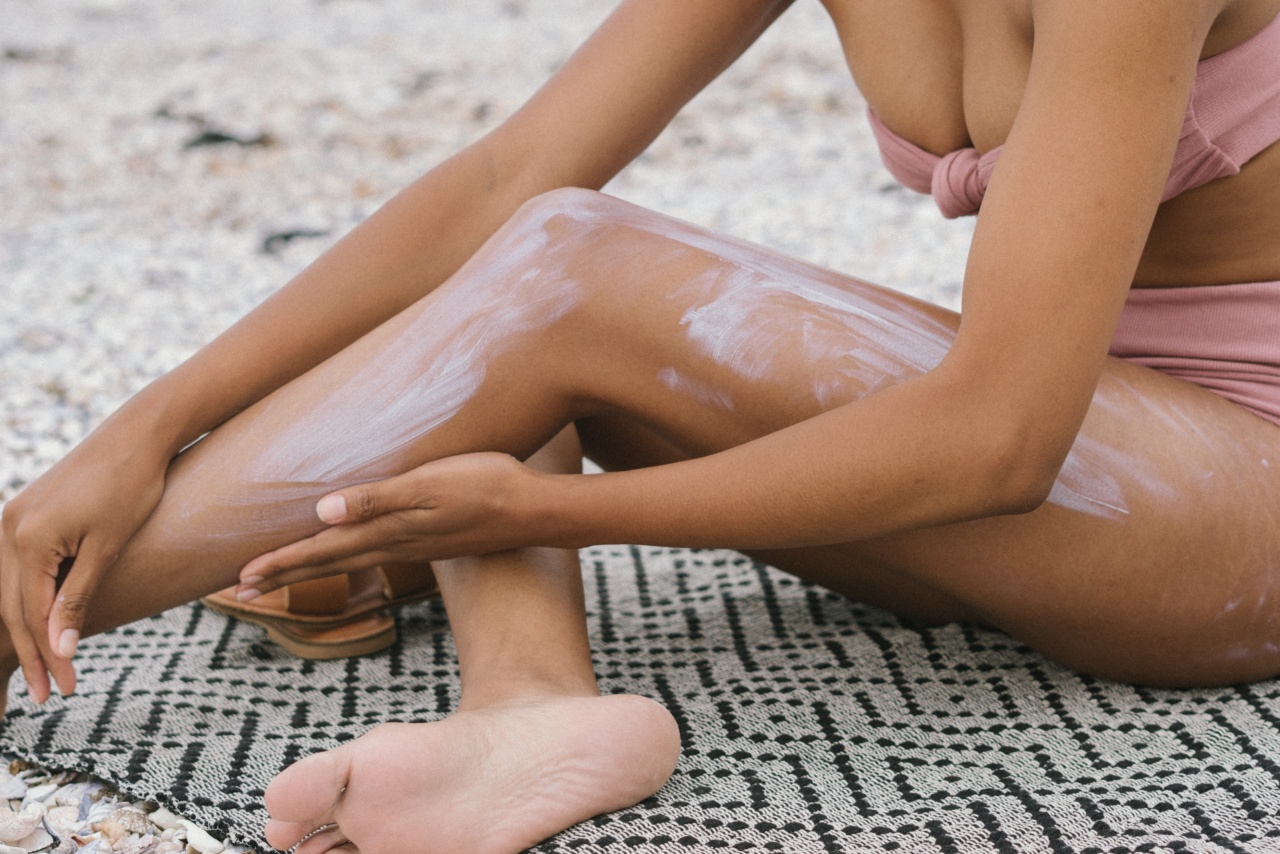Many people believe that sunscreen is only necessary during the hot summer months when the sun is blazing. However, dermatologists recommend that sunscreen should be worn throughout the year, no matter the season.
Sunscreen protects our skin from harmful UV rays, which can cause sunburn, skin damage, and even skin cancer. While it’s essential to wear sunscreen, it’s also essential to understand whether sunscreen has an expiration date or not.
What is Sunscreen Expiration Date?
Sunscreen typically has a shelf life of three years from the date of manufacture. This means that the components of the sunscreen provide optimal protection for only three years after it is made.
After that time, the ingredients in the sunscreen start to break down, and the product becomes less effective at protecting your skin from UV rays.
One way to tell if your sunscreen has expired is to check the expiration date on the packaging. If the expiration date has passed, it’s time to toss the bottle. However, not all sunscreens have an expiration date on them.
So, it’s always better to be safe than sorry and replace your sunscreen every three years.
How to Store Sunscreen Properly?
The effectiveness of sunscreen can be affected by how it’s stored, so it’s essential to follow proper storage guidelines. Here are some tips for storing sunscreen:.
- Store sunscreen in a cool, dry place away from direct sunlight.
- Don’t leave sunscreen in a hot car, as the heat can break down the ingredients.
- Keep the sunscreen cap tightly closed when not in use.
Does the type of sunscreen Matter?
The type of sunscreen you’re using can also affect its longevity.
Chemical sunscreens, such as those that contain avobenzone, oxybenzone, or octinoxate, tend to break down faster than physical sunscreens that contain zinc oxide or titanium dioxide.
Additionally, spray sunscreens tend to expire faster than lotion sunscreens because they contain more chemicals, and the sprayer can be contaminated with bacteria over time.
When Should You Replace Sunscreen?
Even if the expiration date has not passed, it is crucial to replace sunscreen if you notice any changes in the texture or smell of the product.
If the lotion has become clumpy or the spray has started to sputter, it means the product has started to break down and is no longer effective at protecting your skin from the sun.
It’s also essential to replace sunscreen after a year if you haven’t used the entire bottle, as bacteria can grow inside the product over time, making it ineffective and potentially harmful to your skin.
Conclusion
Sunscreen is essential to protect our skin from the sun’s damaging UV rays. It can reduce the risk of skin cancer, premature aging, and sunburns.
However, it’s crucial to understand that sunscreen does expire, so it’s essential to check the expiration date on the packaging and follow proper storage guidelines. Replacing your sunscreen every three years is the best way to ensure optimal effectiveness.































